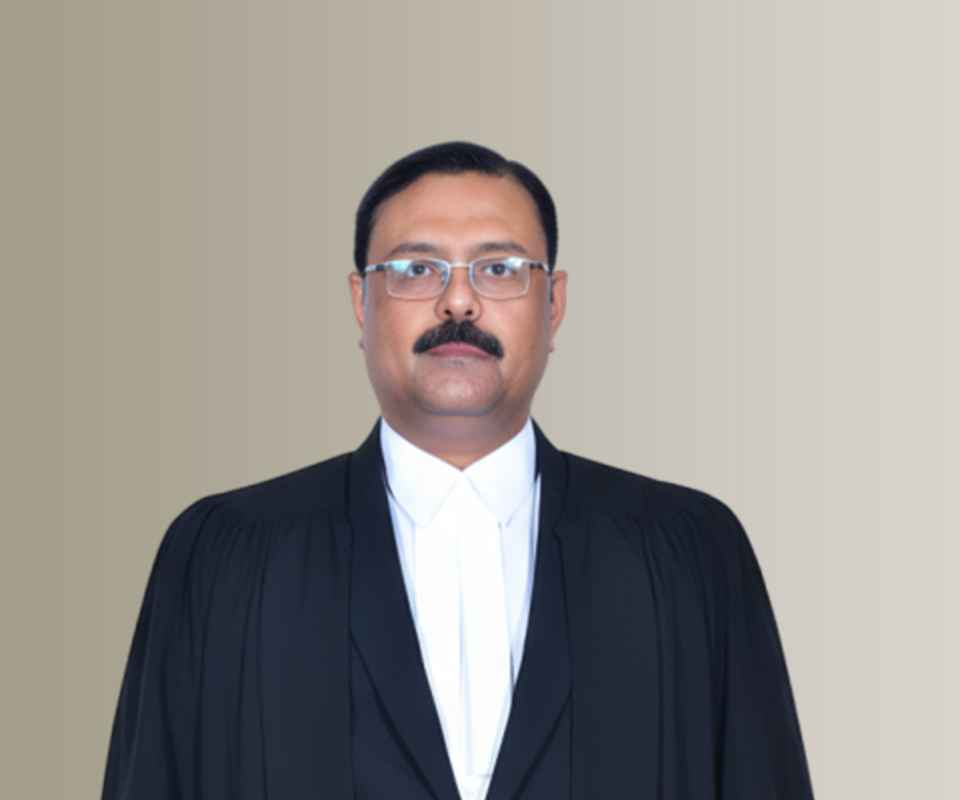Answer By law4u team
Constitution Of India Article 61: Procedure for Impeachment of the President
(1) When a President is to be impeached for violation of the Constitution, the charge shall be preferred by either House of Parliament.
(2) No such charge shall be preferred unless— (a) the proposal to prefer such charge is contained in a resolution which has been moved after at least fourteen days' notice in writing signed by not less than one-fourth of the total number of members of the House has been given of their intention to move the resolution, and (b) such resolution has been passed by a majority of not less than two-thirds of the total membership of the House.
(3) When a charge has been so preferred by either House of Parliament, the other House shall investigate the charge or cause the charge to be investigated, and the President shall have the right to appear and to be represented at such investigation.
(4) If as a result of the investigation a resolution is passed by a majority of not less than two-thirds of the total membership of the House by which the charge was investigated or caused to be investigated, declaring that the charge preferred against the President has been sustained, such resolution shall have the effect of removing the President from his office as from the date on which the resolution is so passed.
Brief Detail
Article 61 of the Constitution of India outlines the detailed procedure for impeaching the President for violation of the Constitution. It requires a formal resolution supported by one-fourth of the members, a two-thirds majority in both Houses, and a thorough investigation where the President has the right to defend himself.
Question & Answers
What is the process of impeachment of the President as per Article 61?
The process involves preferring charges in either House of Parliament, passing a resolution with a two-thirds majority, investigating the charge, and sustaining the charge through another two-thirds majority resolution.
Can the President defend himself during impeachment proceedings?
Yes, the President has the right to appear and to be represented during the investigation of the charges.
Example
For example, if the President is accused of violating the Constitution, one-fourth of the members of Parliament may initiate a resolution, and the entire process, as detailed in Article 61, would be followed to determine the validity of the charges.
Summary
Article 61 describes the procedure for impeaching the President of India for constitutional violations, requiring stringent conditions for preferring charges, conducting investigations, and sustaining the charges through a parliamentary resolution.







